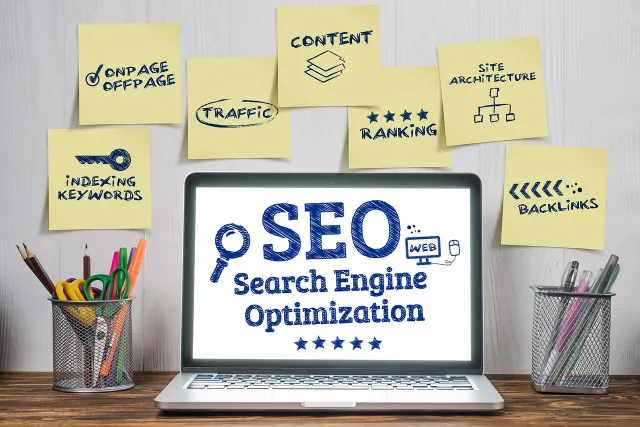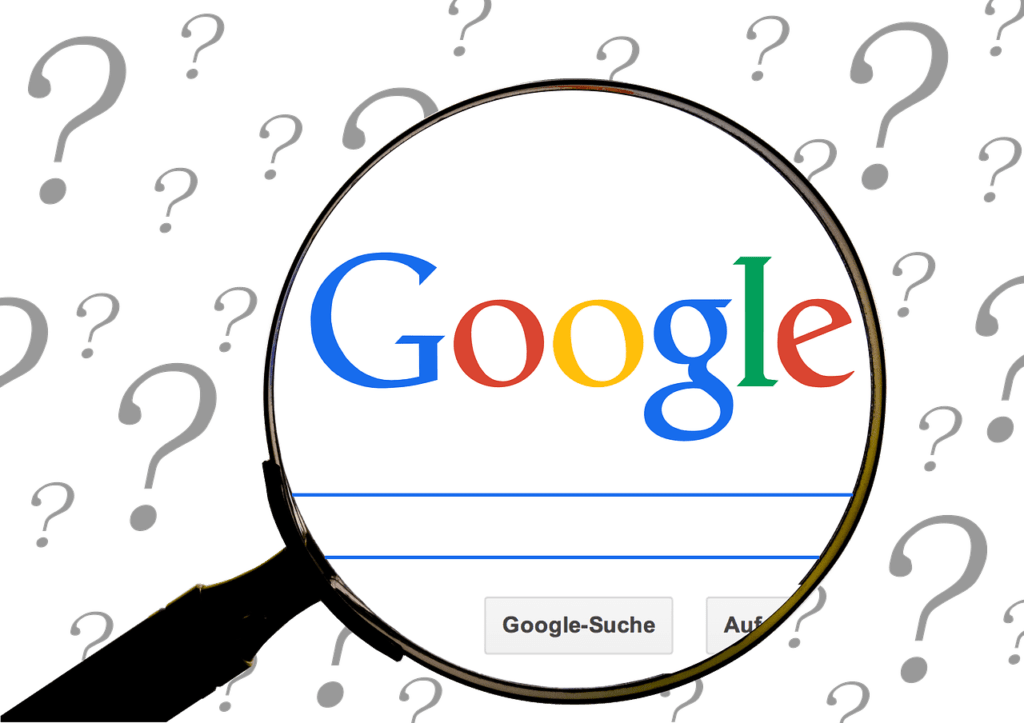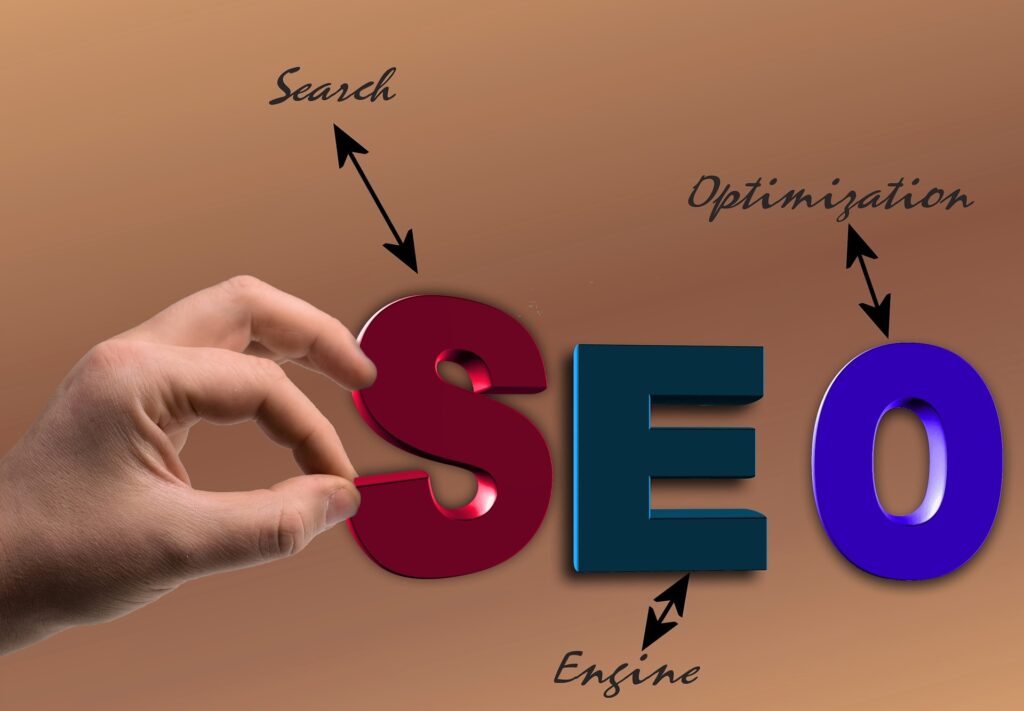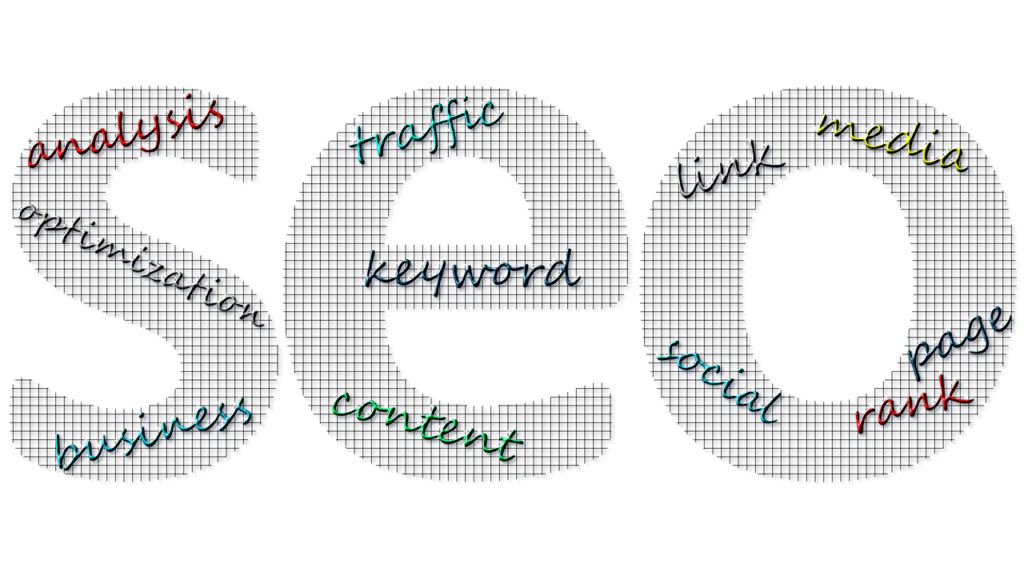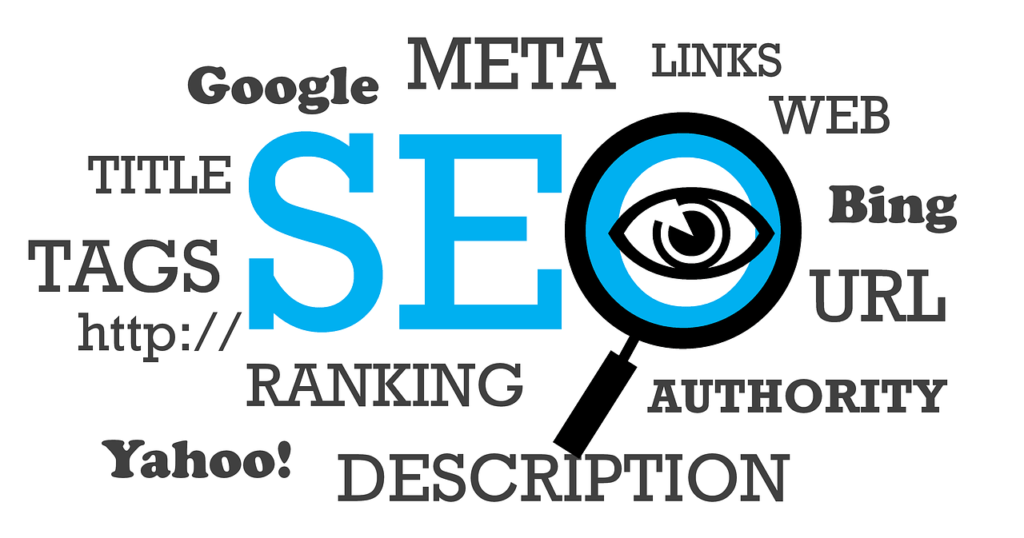Hello, If you’re here, you’re probably trying to understand the differences between these three crucial components of digital marketing. What are they good at? What are their limitations? And, most importantly, which one should you focus on? Let’s dive in and explore each one in detail.
What is SEO?
SEO, or Search Engine Optimization, is the process of optimizing your website to rank higher in the organic results on search engines like Google. It consists of three main components:
- Technical SEO: Ensuring that Google can crawl and index your website effectively. This involves structuring your site in a way that increases the chances of your content appearing in search results.
- Content Relevance: Maximizing the relevance of your website’s content to the searches people are performing. This includes optimizing service pages and identifying blog topics that are aligned with your buyer’s journey and that have sufficient search volume.
- Authority and Trustworthiness: Building the authoritativeness of your site. This involves developing topical authority and acquiring backlinks from reputable websites. Simply publishing content without engagement can hurt your SEO, so focus on creating content that people will find valuable and engaging.
What is SEM?
SEM, or Search Engine Marketing, primarily refers to paid advertising on Google, including Google Ads and the Google Display Network. It involves:
- Paid Search Ads: These are the ads that appear at the top of search results when someone searches for related keywords.
- YouTube Ads: Ads that appear before or during YouTube videos, as well as ads that show up in YouTube search results.
- Display Ads: Banner ads that appear on various websites within Google’s ad network.
SEM is all about targeting the right queries to reach potential customers while avoiding showing ads to irrelevant audiences. It provides immediate visibility and leads, but it requires ongoing investment to maintain results.
What is SMM?
SMM, or Social Media Marketing, encompasses both paid and organic strategies on social media platforms. It’s more complex than SEO or SEM because of the variety of platforms and strategies involved:
- Paid Social Media: Platforms like Facebook, Instagram, and TikTok have extensive data on users, allowing you to target ads to specific audiences. Facebook (Meta) is particularly effective due to its rich user data, making it easier to reach people likely to engage with your ads.
- Organic Social Media: This involves building and maintaining a presence on social media platforms without paid promotion. Different platforms serve different purposes. For instance, TikTok is great for discovery, while Instagram and LinkedIn are better for ongoing engagement.
Social media marketing allows for a more personal connection with your audience, helping to build brand trust and loyalty over time.
Comparing SEO, SEM, and SMM
SEO vs. SEM
- Longevity vs. Immediate Results: SEO is a long-term strategy that, once established, can provide ongoing traffic and leads with minimal cost. In contrast, SEM delivers immediate results but requires continuous spending.
- Cost Efficiency: SEO, over time, is more cost-effective per lead compared to SEM. SEM demands constant investment; stop paying for ads, and your leads will dry up, whereas SEO can continue to generate traffic even with reduced spending.
- Organic vs. Paid Visibility: SEO focuses on getting your site in front of people through organic search results, which is generally perceived as more trustworthy than paid ads.
SEO vs. SMM
- Demand Generation vs. Meeting Existing Demand: SEO excels at capturing existing demand by targeting people actively searching for your services. SMM, on the other hand, can generate demand for new or unknown products and services through social engagement and brand building.
- Audience Engagement: SMM allows for ongoing engagement and interaction with your audience, creating a more human connection and building long-term relationships. SEO is more transactional, getting you in front of people searching for something specific and then moving on.
SEM vs. SMM
- Targeted Advertising vs. Broad Reach: SEM is about getting in front of people who are actively looking for your products or services through paid search ads. SMM can target a broader audience, including those who may not yet be looking for your services but are part of your target demographic.
- Instant Leads vs. Community Building: SEM provides immediate leads from people searching for specific products or services. SMM builds a community and brand presence over time, which can lead to more sustainable growth and loyalty.
Practical Considerations
Choosing Between SEO, SEM, and SMM
- Budget and Timeline: If you need quick results and have the budget, SEM might be your best bet. If you’re looking for long-term, sustainable growth and have the patience to wait for results, invest in SEO. For building brand awareness and engaging with a community, SMM is the way to go.
- Type of Business: If your business relies on people searching for your services (e.g., a law firm or a local service provider), SEO is crucial. If you’re launching a new product that no one knows about, SMM can help generate interest and demand.
- Target Audience: Consider where your audience spends their time online. Use SEO to capture those actively searching for your services, SEM to quickly gain visibility, and SMM to engage and build relationships with a broader audience.
Each of these digital marketing channels—SEO, SEM, and SMM—has its unique strengths and weaknesses. The best approach often involves a combination of these strategies to balance short-term results with long-term growth and engagement. Whether you’re optimizing your site for search engines, running targeted ads, or building a social media community, understanding these tools will help you make informed decisions and maximize your marketing efforts.
If you found this guide helpful, consider sharing it or checking out our other resources on digital marketing. Thank you for reading, and here’s to your marketing success!



